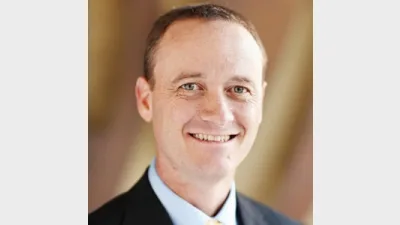SuperStream intensifies competition for employers



SuperStream may provide some super funds with the excuse to conduct a predatory exercise in securing more default contributions from employers, IQ Group chief executive Graham Sammells has warned.
He said this was not withstanding the fact that defaults are often written into industrial agreements.
Sammells said that while most funds have employer engagement strategies, employers' SuperStream considerations went beyond technology requirements and encompassed a change of business process for some.
"Instead of jamming the employer into using their particular solution, if there's another solution that works better for the employer that also services the fund, I think that's where the best outcomes will be," he said.
Funds, even if they used a third party service provider, would find better results from trying to help employers, according to Sammells, as employers may be spoilt for choice in a more competitive environment.
"The funds that help them deal with the change will be the ones that will win," he said.
"I think they're (employers) in for a bag of headaches because they're going to get approached by many different parties and they're going to get confused because lots of people will see this as an excuse to get involved with an employer.
"That's the challenge for employers — to filter through the mess."
Recommended for you
Australia’s largest super funds have deepened private markets exposure, scaled internal investment capability, and balanced liquidity as competition and consolidation intensify.
The ATO has revealed nearly $19 billion in lost and unclaimed super, urging over 7 million Australians to reclaim their savings.
The industry super fund has launched a new digital experience designed to make retirement preparation simpler and more personalised for its members.
A hold in the cash rate during the upcoming November monetary policy meeting appears to now be a certainty off the back of skyrocketing inflation during the September quarter.










